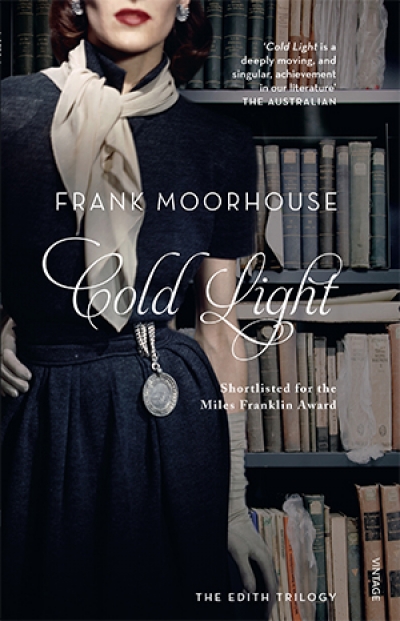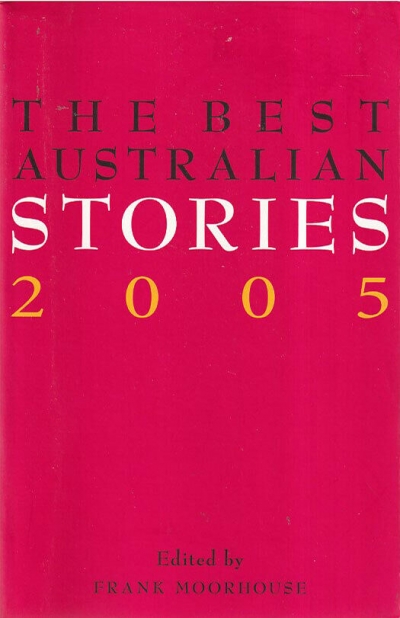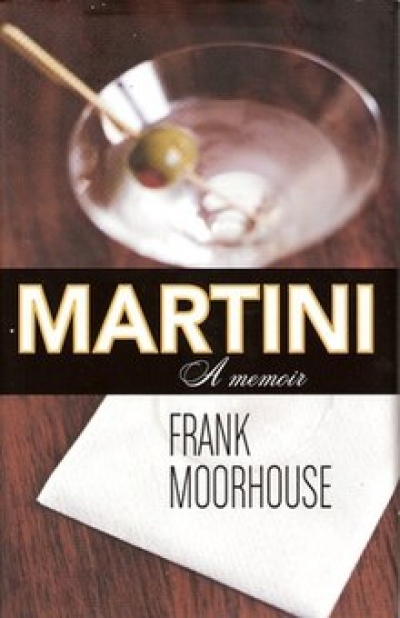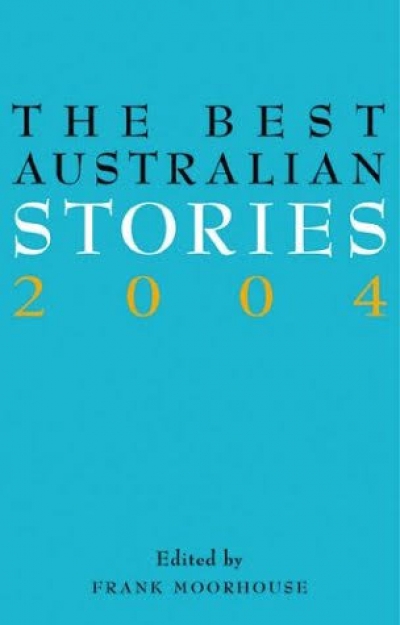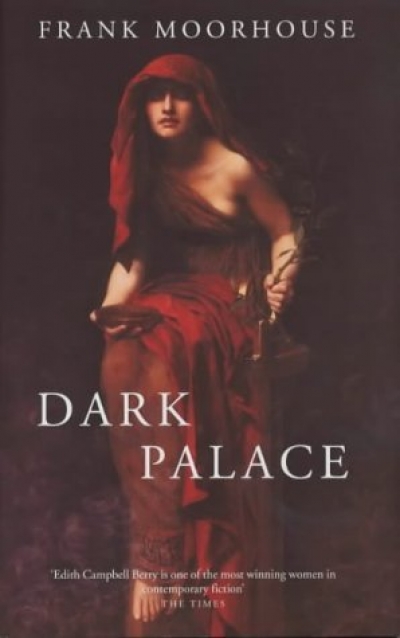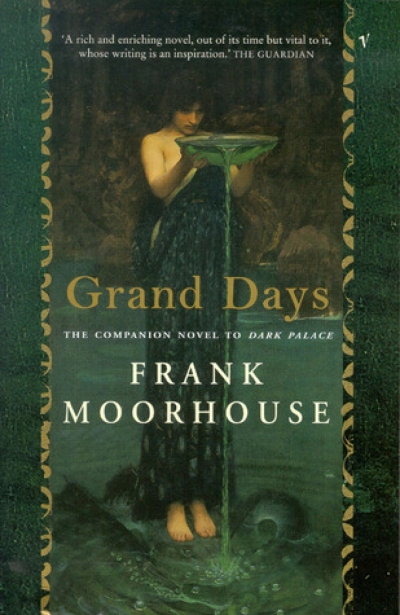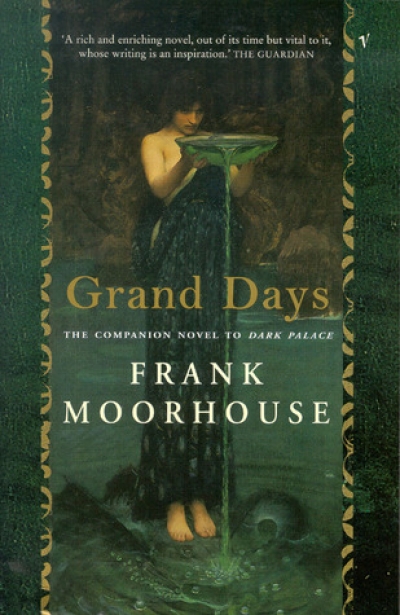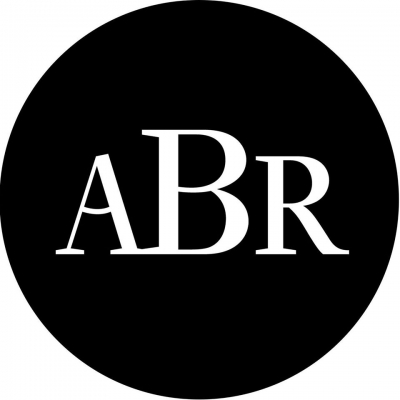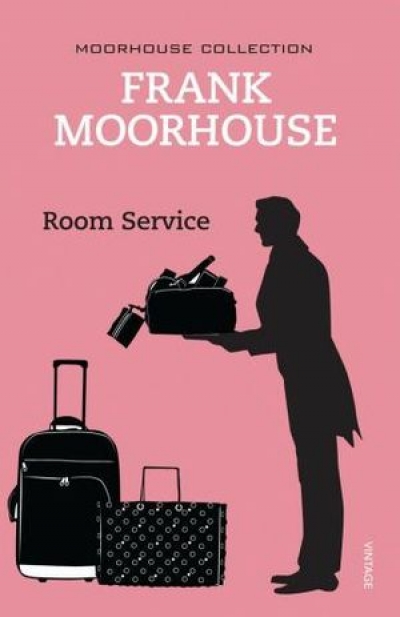Accessibility Tools
- Content scaling 100%
- Font size 100%
- Line height 100%
- Letter spacing 100%
Frank Moorhouse
The ABR Podcast
Released every Thursday, the ABR podcast features our finest reviews, poetry, fiction, interviews, and commentary.
Subscribe via iTunes, Stitcher, Google, or Spotify, or search for ‘The ABR Podcast’ on your favourite podcast app.
‘We right to go?’: Heeding the lessons of the Covid-19 pandemic
by Johanna Leggatt
This week on The ABR Podcast Johanna Leggatt reviews Australia’s Pandemic Exceptionalism: How we crushed the curve but lost the race by Steven Hamilton and Richard Holden. She quotes from the book: ‘There will be another pandemic. It might not happen for another century, or it might happen very soon.’ Johanna Leggatt is a Melbourne-based writer and journalist. Listen to Johanna Leggatt’s “‘We right to go?’ Heeding the lessons of the Covid-19 pandemic”, published in the October issue of ABR.
Recent episodes:
Oxford traveller
Dear Editor,
In his ‘Diary’ in the March 2007 issue of ABR, Chris Wallace-Crabbe tells us that he’s been reading Ulysses and War and Peace (‘alternately’) as he travels to Oxford. Then, out of the blue, he adds: ‘Meanwhile, Ken Gelder has written the most appalling attack on literature, and especially on the concept of style, in the latest Overland. His anti-aesthetic position is, of course, indistinguishable from that of John Howard and the right-wing philistines. It has been so for a long time: the right and the far-left in materialist cahoots.’ My Overland essay was a criticism of Tory literary tastes and positions in Australia, including the disdain some writers have for readerships. Only a blinkered literary snob could construe this as an ‘attack on literature’. I found Wallace-Crabbe’s insulting remarks utterly perplexing. For example, what does he mean by ‘the concept of style’? Whose concept? I have no idea. What does he mean by ‘anti-aesthetic’? The term used to be used by postmodernists, but he also attributes it to John Howard – a point which seems to fly in the face of reality.
... (read more)Publishers are like invisible ink. Their imprint is in the mysterious appearance of books on shelves. This explains their obsession with crime novels.
To some authors they appear as good fairies, to others the Brothers Grimm. Publishers can be blamed for pages that fall out (Look ma, a self-exploding paperback!), for a book’s non-appearance at a country town called Ulmere. For appearing too early or too late for review. For a book being reviewed badly, and thus its non-appearance – in shops, newspapers and prized shortlistings.
As an author, it’s good therapy to blame someone and there’s nothing more cleansing than to blame a publisher. I know, because I’ve done it myself. A literary absolution feels good the whole day through.
... (read more)

